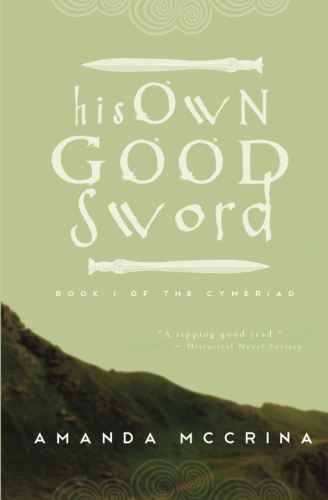
There’s a lot to be said for the freedom of self-publishing. To have complete creative control over the book-production process—it really does have a great many pros (and a few cons, of course, as with any sort of freedom. There’s definitely a social-contract aspect to publishing.). Lately, though, the thing I’ve appreciated most about being a self-published author is that I’ve got the freedom not to promote myself.
If your social-network feeds are anything like mine (and if you’re in the writing community, they probably are), then you’re being steadily bombarded by promotional tweets and posts—a constant clamoring for attention by authors and publishers. There are ways to do promotion tastefully, and certainly some promotion is necessary—I know I like to draw my followers’ attention to book giveaways or Amazon deals, etc. But it gets exhausting, and I have to admit I’m not at all likely to click through to an author’s book if they’re clogging my feeds with their promotional posts. In all honesty, I hate posting to Twitter and Facebook about my book. And, incidentally, I haven’t noticed a significant increase in sales when I do it. I’d venture to guess that a lot of people feel the same way I do about self-promotion on Twitter or other social-networking sites. It’s irritating, not effective.
The counterargument, I suppose, is that I should have known what I was signing up for when I decided to self-publish. Especially for self-published authors, it’s our own responsibility to market ourselves, unless we’ve the budget to hire a professional publicist (I don’t). So even if I find it distasteful I just need to grit my teeth and get it over with. But here’s the thing—I’m self-published. At the end of the day, the only one setting marketing goals is me. And if I’d rather leave off the spammy promotional posts and use my Twitter and Facebook feeds for real, meaningful dialogue, that’s my prerogative.
In my case—maybe for others, maybe not—self-publishing came with this worrisome need for self-affirmation, the need to prove myself a real author. Thus the need to be pushing my book constantly, reminding people that I’m here, I exist and I’ve written a book! How refreshing to realize I don’t need to do that. I have the freedom not to talk about my book. If readers discover my book through interacting naturally with me, that’s great, of course; but it needn’t be the be-all, end-all of my presence on social media. And that’s a weight off my mind.
[Housekeeping notes: I apologize for being so inactive lately. Most of you probably know that I moved to Japan back in March, and in some ways I'm still adjusting to new routines. I haven't had much time either for writing or for this blog, but I do check in on Twitter fairly often, so please feel free to follow me there: @9inchsnails.]
Share the post "Self-promotion and social media"
 In compiling this list I realized there aren’t too many authors I buy faithfully. These are the happy few. In no particular order:
In compiling this list I realized there aren’t too many authors I buy faithfully. These are the happy few. In no particular order:





